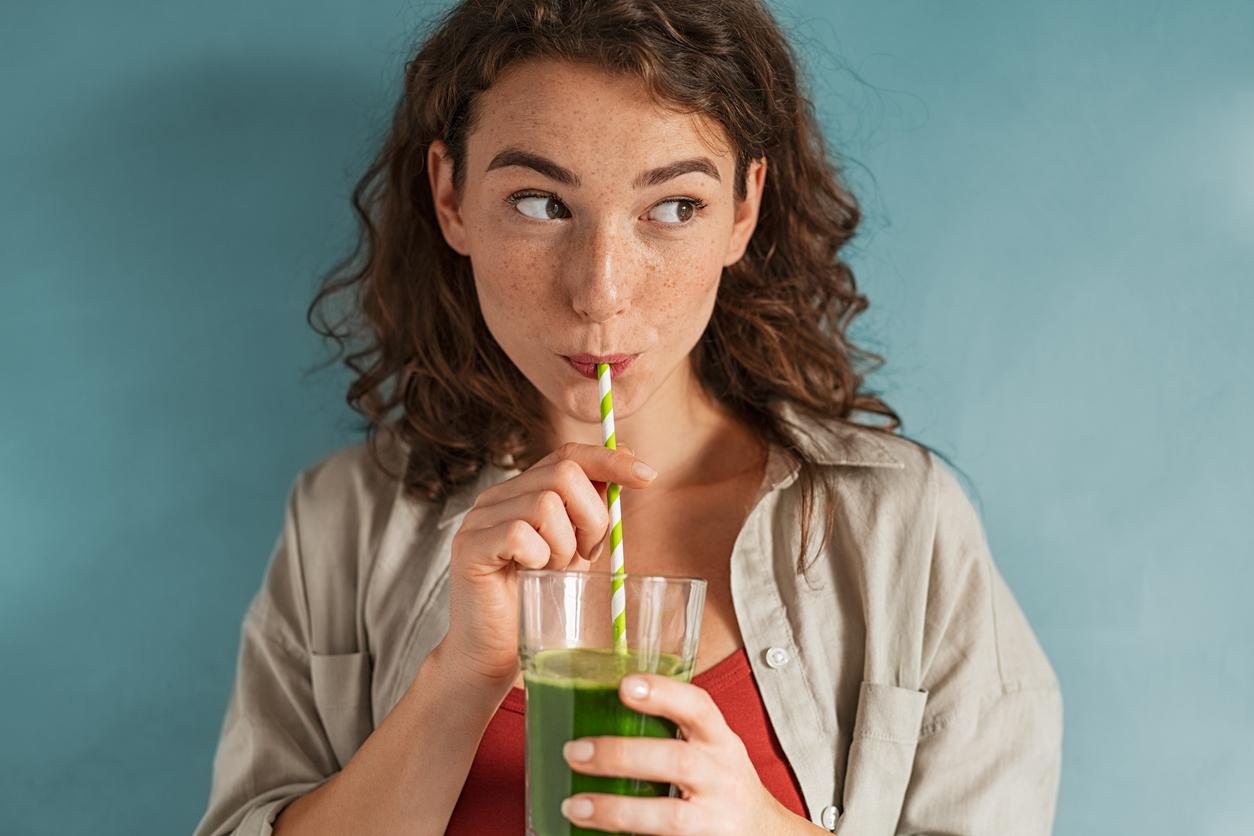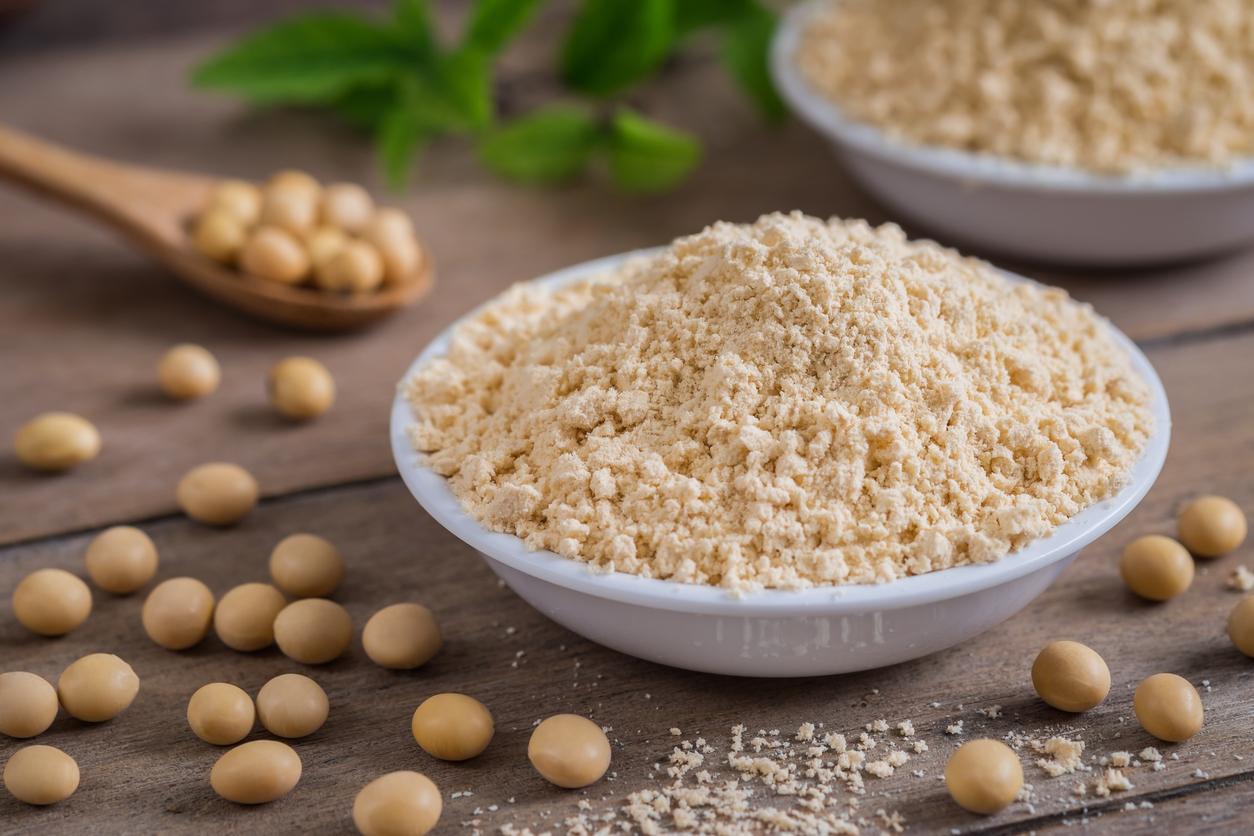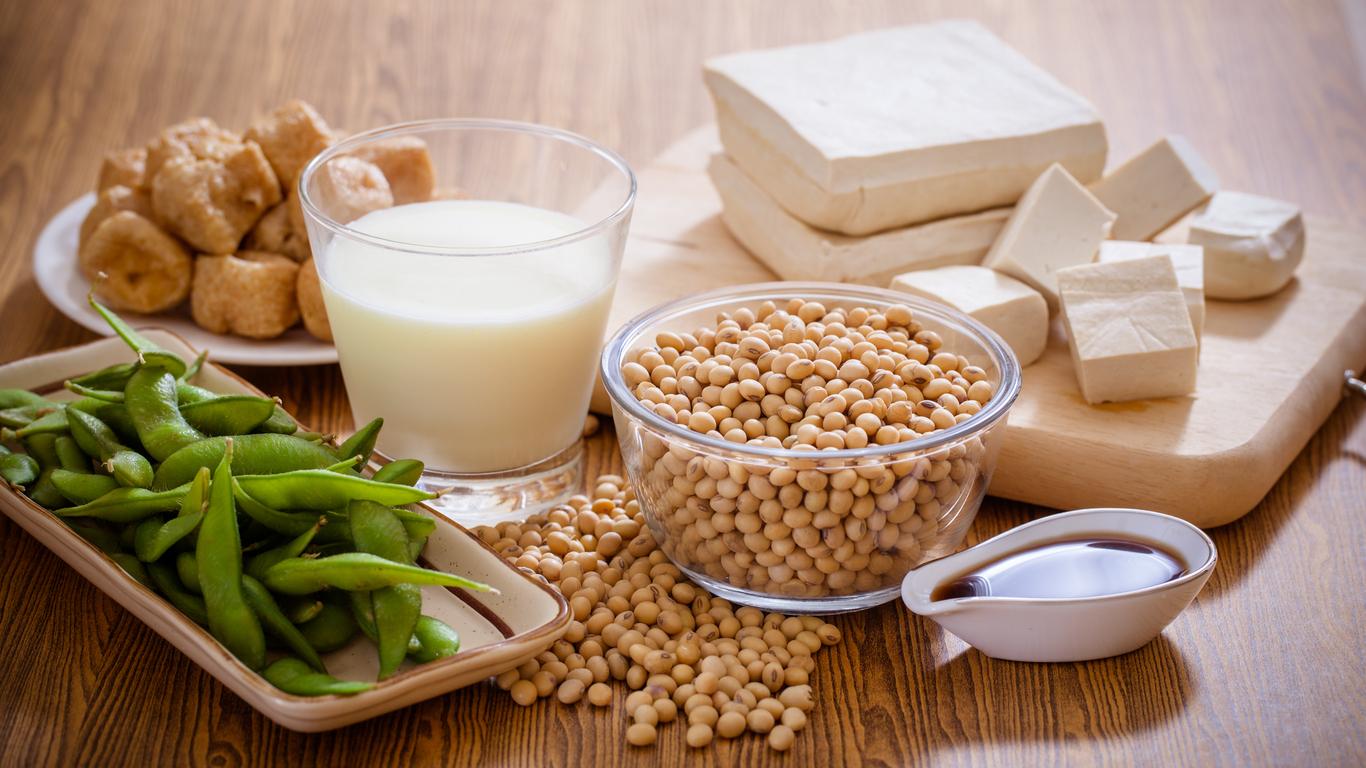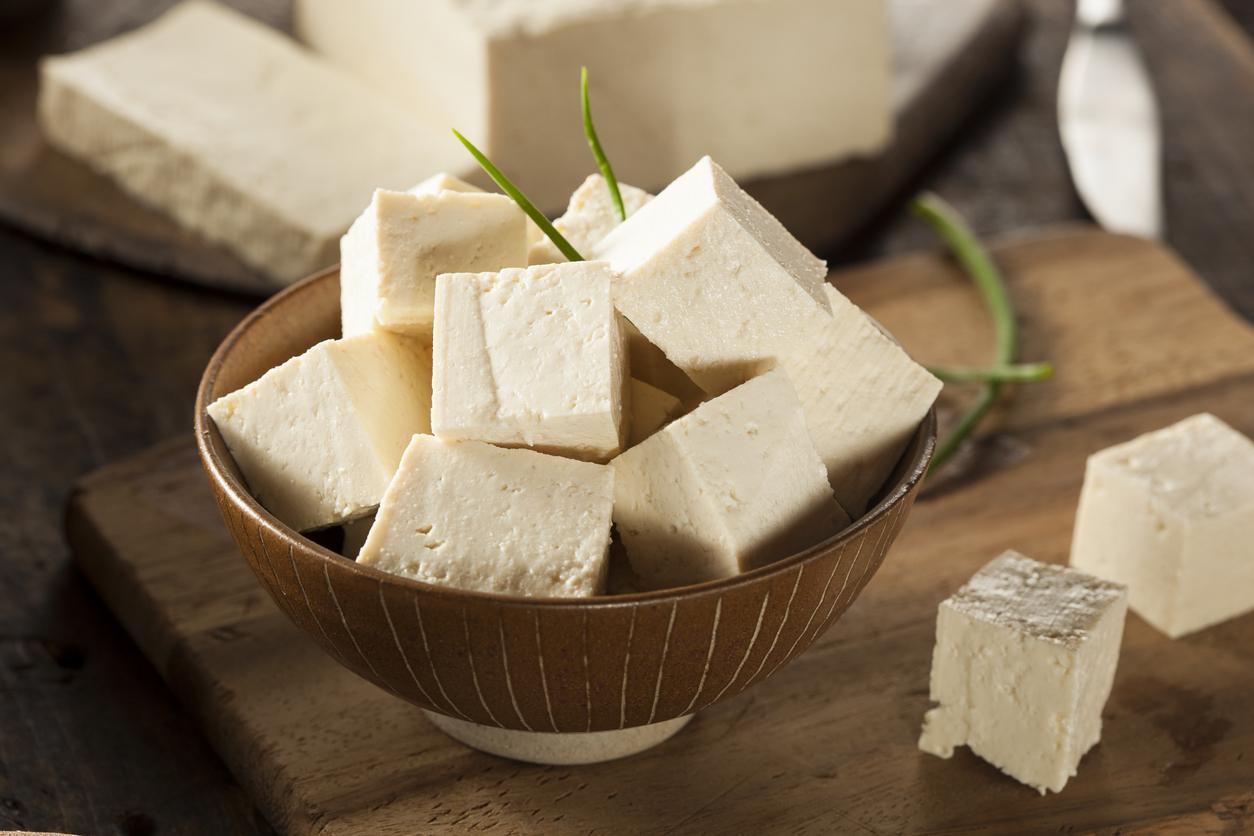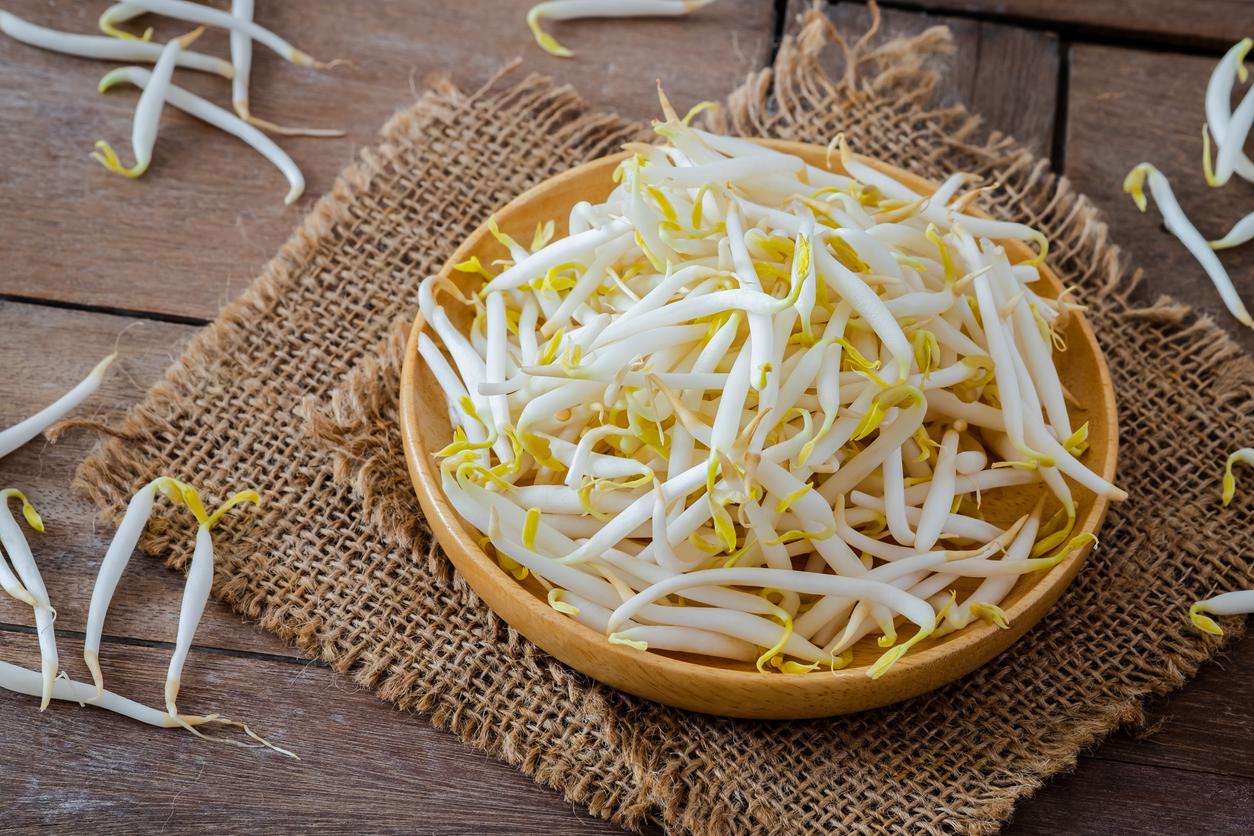the soy contains isoflavones, which are phytoestrogens, these molecules of plant origin which, in the body, mimic the estrogens that women secrete naturally. And in terms of breast cancer, these phytoestrogens have complex relationships. “To simplify, we can say that soy has a different effect depending on whether the woman is postmenopausal or not,” explains Professor Michel Crépin. Before menopause, regular, moderate consumption and included in a varied diet would have a protective effect against breast cancer. After menopause, this role is reversed and soy, consumed in large quantities, could have a pro-carcinogenic action. In case of hormone-dependent breast cancer, it is also not recommended to consume soybeans which could participate in the proliferation of cancer cells. In addition, studies have shown that isoflavones can counteract the effects of certain breast cancer treatments such as Tamoxifen.
What about the men?
Soy would also be of interest in humans in preventing prostate cancer, provided it is combined with tomato, suggests a study from the University of Illinois published in the journal “Cancer Prevention Research”. The researchers carried out experiments on mice genetically modified to develop virulent prostate cancer. Rodents were divided into four groups: a first fed on tomatoes, a second on soybeans, a third of these two foods, and a last of neither. Result: 45% of mice fed tomatoes and soy developed prostate cancer, compared to 61% for those fed only tomatoes and 66% for those fed only soy. 100% of mice that were fed neither tomatoes nor soya developed cancer. Based on these findings, the authors advise men to eat four servings of tomato-containing products per week and one to two servings of soy foods per day.











